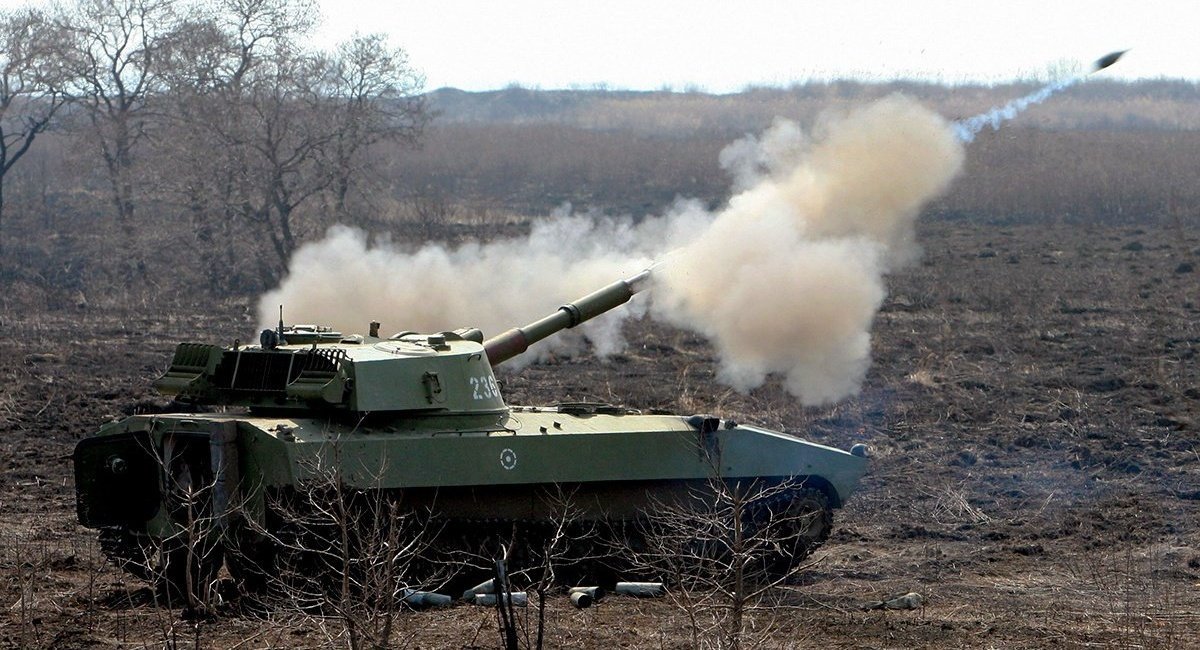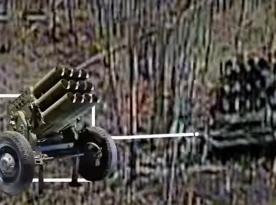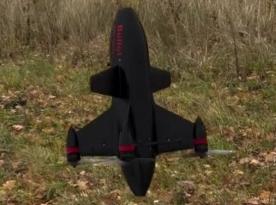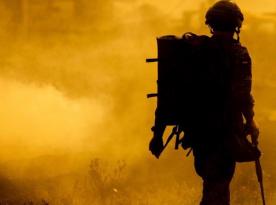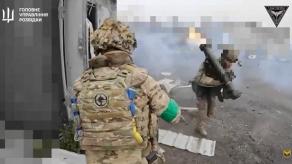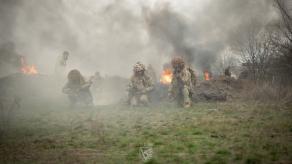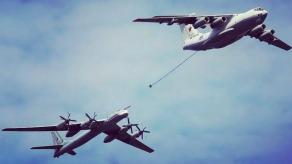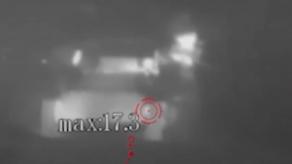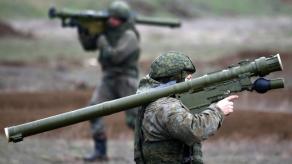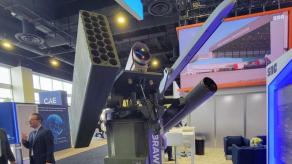The specialized resource btvt-2019 shared an interesting experiment on the topic of "what happens if you douse a 122-mm 2S1 Gvozdika self-propelled artillery system with napalm," and it provides a very detailed description of the effects, although it does not specify the time or place of the experiment.
If we go into more detail, for example, assuming the filtration and ventilation systems were not activated, the burning temperature of napalm on the armor of the 2S1 Gvozdika howitzer near the combustion zone reached 157 degrees, while in other areas it did not exceed 51 degrees.
Read more: Invisible Drones Reportedly Destroyed russian S-300 Systems in Crimea
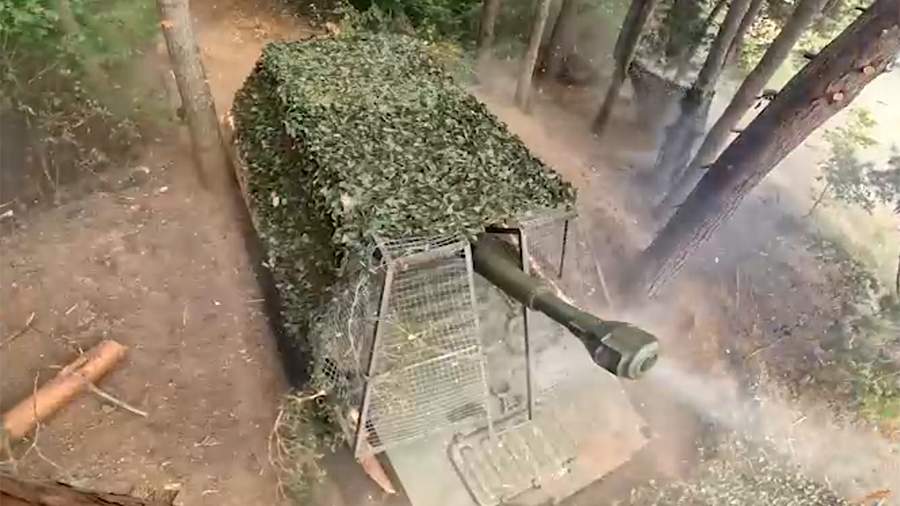
At the same time, if the filtration and ventilation systems were activated, for example, during a 3-minute 20-second burning of the fire mixture, the air temperature at the crew stations in the combat compartment increased from 14 to 24 degrees, and at the driver's station from 16 to 38 degrees.
At the same time, smoke appeared in the combat compartment, causing coughing and tearing, and to protect against the toxic components of the combustion products, individual protective gear had to be used immediately, and the filtration and ventilation systems had to be activated immediately after the incendiary mixture burned out (lasting up to 7 minutes).
At the same time, if the filtration and ventilation systems were activated during the combustion of the mixture, they would fail within just one minute of operation under such conditions.
If we think carefully about the description above, we can see a key hint for a new format of using dragon drones that pour thermite mixtures on the enemy. Specifically, these flame-throwing UAVs could be used as tools for counter-battery warfare.
The data presented above show that the mere fact of burning the incendiary mixture on the armor of the self-propelled artillery system could render the crew unfit for combat, even without formal damage to the vehicle itself.
Moreover, the familiar format of using dragon drones as a means of rapidly destroying enemy infantry might have seemed like an experiment with unreliable results until a certain point.
Read more: Ukrainian Warriors Destroy Two russian 2S1 Gvozdika Howitzers Using FPV-Drones (Video)




